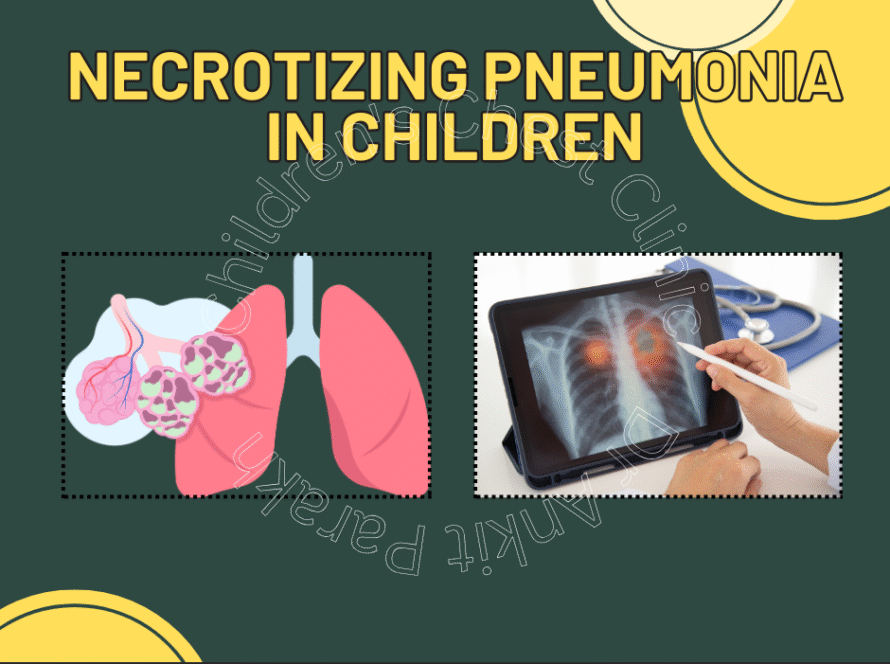Omalizumab is a biological medicine and humanized monoclonal anti-IgE antibody. Omalizumab has been used world over as add-on therapy in children with severe asthma. Omalizumab is also approved for children and adults with urticaria which is poorly responsive to anti-histamine medicines.
How does Omalizumab work?
Omalizumab is a recombinant, monoclonal antibody which works by inhibiting the binding of IgE antibody to IgE receptors on cells of the body which are important in the allergy pathway (mast cells and basophils). This prevents allergic activation of these cells thereby reducing the allergic responses.

When is OMALIZUMAB used in children with asthma?
OMALIZUMAB is indicated for children more than 6 years of age with severe persistent asthma. These are children who are not doing well with maximum doses of inhaled corticosteroids and other asthma medicines (like long acting beta agonists, tiotropium, montelukast).
How effective is Omalizumab for treatment of asthma?
Numerous research studies have shown that omalizumab is very effective. Research studies have shown that add-on therapy with omalizumab significantly reduces the number of asthma attacks, use of asthma medicine and asthma related emergency visits/hospital admissions.
How is Omalizumab administered, how often is it given, and for how long?
The doses of Omalizumab is decided based on the child’s body weight and the level of serum IgE antibody. Omalizumab is given as a subcutaneous injection in the upper arm. The frequency of the injections is every 2 to 4 weeks depending on these factors. It takes 3-6 months for the benefit to become apparent once omalizumab is started. Once started, omalizumab is usually given for 2-3 years.
What are the adverse effects of Omalizumab?
Most adverse effects related to omalizumab are minor and usually improve during the course of treatment. The most adverse reactions are injection site reactions like local swelling and pain, colds, headache and sore throat. Serious adverse reactions with omalizumab are quite rare and occur in less than 1% of children. The most serious adverse effects with omalizumab are generalized allergic reactions or anaphylaxis. Omalizumab is no longer thought to increase the risk of cancers as previously.
If your child is having poor asthma control despite using maximum asthma inhalers you need to consult a pediatric pulmonologist for proper management of your child’s asthma.






